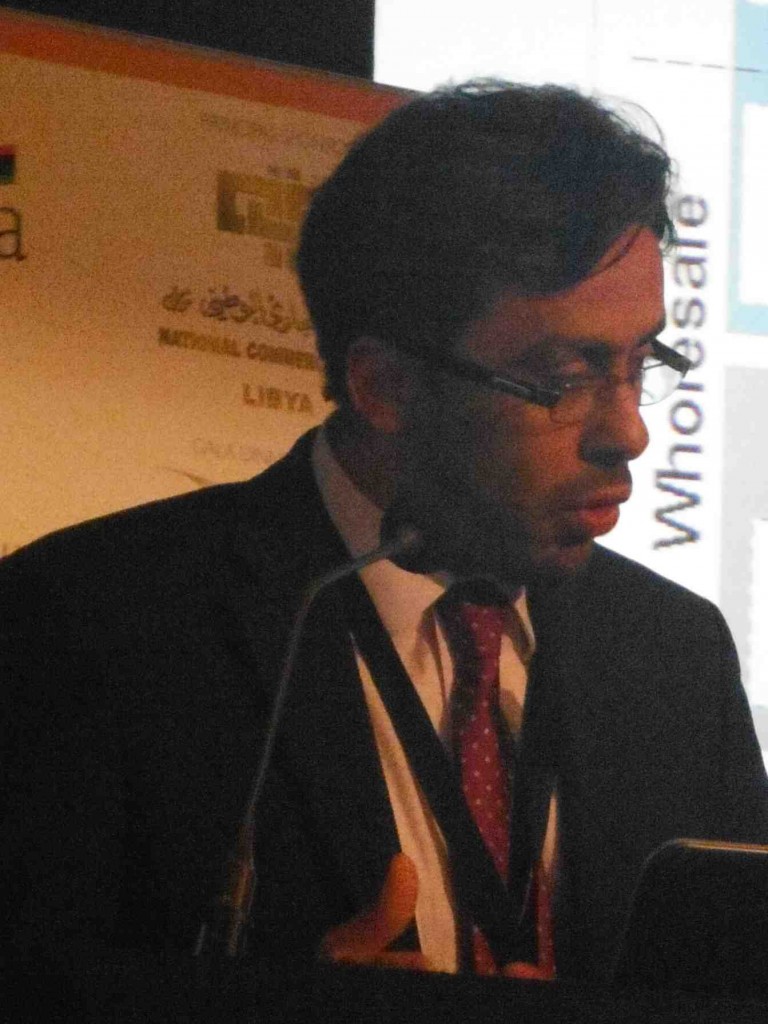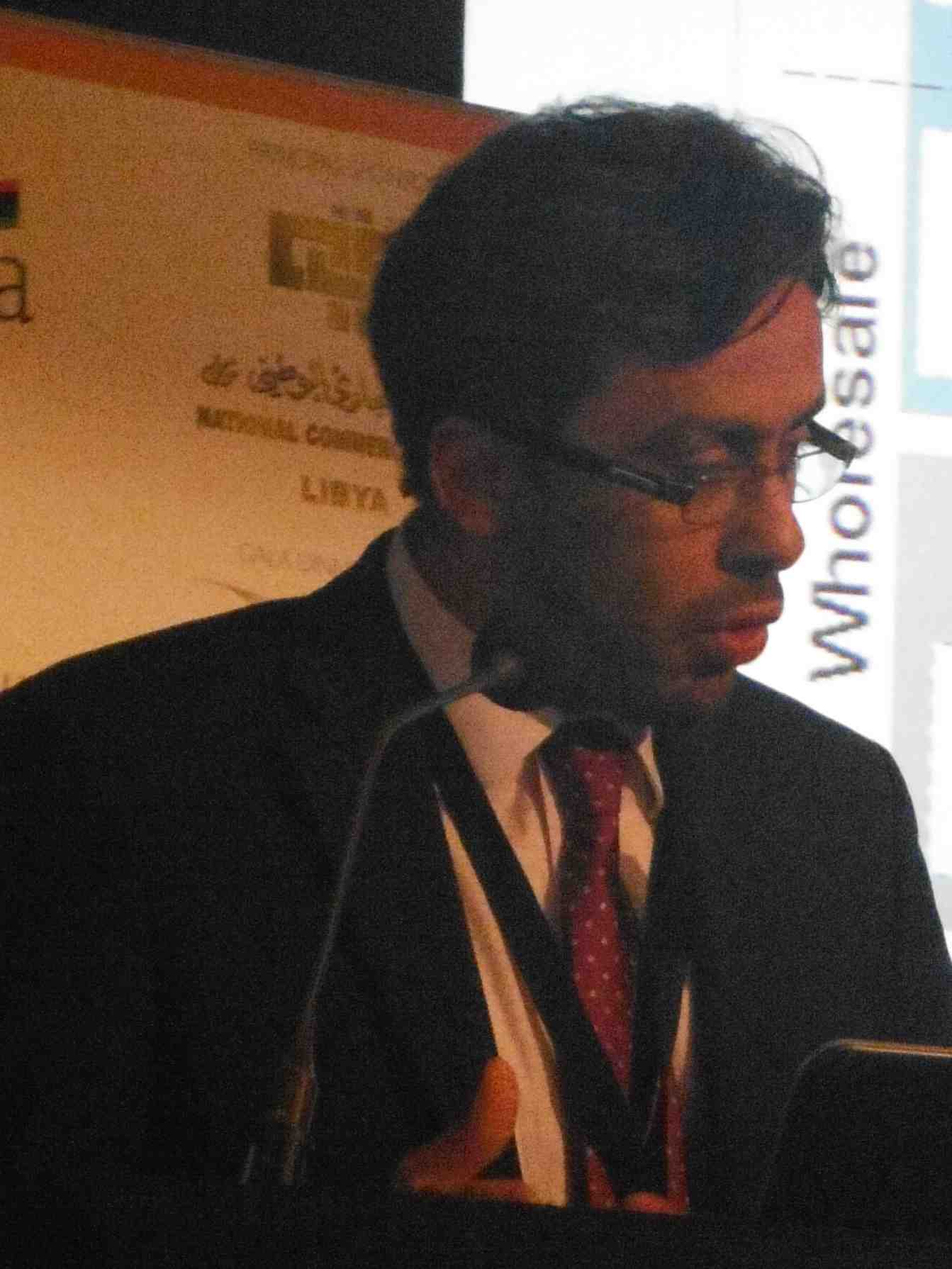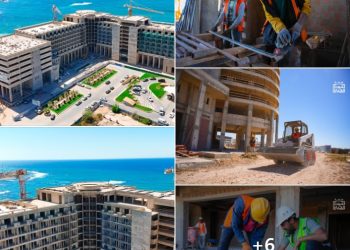By Nigel Ash.

“We need to raise our game” Faisel Gergab LPTIC . . .[restrict]chairman
London, 17 September 2013:
Libyana, the larger and more profitable of the two main state-owed mobile phone companies, is likely to be privatised in the second quarter of next year.
The news was given by Faisel Gergab, the chairman of the holding company Libyan Post Telecommunications and Information Technology Company (LPTIC) which owns both mobile phone businesses. Speaking at the FDI Libya conference in London, Gergab said that Libyana’s smaller rival, Almadar was also likely to be floated on the Libyan stock exchange later next year. Between them the mobile operators have some ten million customers, 99 percent of whom use prepaid cards.
He did not say what percentage of either business would be offered to the public, but stressed that the Libyana Initial Public Offering (IPO) would be aimed at local investors. LPTIC has just begun the process of selecting advisers for the deal.
LPTIC, which also owns ISP and data providers LTT and Aljeel Aljadeed in a portfolio of eight ICT businesses had, said Gergab been working with consultants Booz and Allen to develop the Libyana and Almadar business models. “It is our plan that Libyana, which has a 70 percent market share, will become the main player in Libya.” Almadar meanwhile will be folded into the LapGreen investments of sub-Saharan Africa, which are currently run by the Libyan African Investment Portfolio, which is part of the Libyan Investment Authority, and focus on international expansion.
Gergab said that between them the two mobile operators had revenues of of $2 billion, with Libyana earning the better returns. Both business would provide a full range of services, including broadband. Currently only one percent of mobile traffic is made up of data, with the rest being voice.
He said that both firms would be moving to 3G connectivity with a total investment of between $600 and $700 million. Broadband penetration in Libya was currently no higher than 15 percent, which, said Gergab was far too low when measured against the GDP. He particularly wanted to increase WiMax coverage to 40 percent of the country.
Describing LPTIC as “a bit of a monster” created by the old regime to lump together everything to do with communications, he said that the restructuring had been developed after working with outside consultants. There were significant overlaps that could be exploited, explained Gergab, who also sits on the board of the Libyan Investment Authority.
The 15,000 workers within the LPTIC companies had, he said an average age of 55 and very few of them have a university degree. In order to bring on new cadres of trained workers, the holding company had set up its own ICT academy.
Infrastructure extensively damaged during the revolution had been repaired, said Gergab but the businesses still faced problems. Even though they generate much of their own electricity, recent power cuts had knocked out key parts of the phone system. Security remained a challenge, especially for workers who had to go to remote areas to look after installations.
Gergab revealed that fixed lines are also in for a serious upgrade. NETCO, the National Telecom company which owns the infrastructure is working on a fibre optic network and also considering transmitting along high voltage cables.
“Our problem is that we inherited an infrastructure that was never customer-oriented. The announcement that a third operator licence is due to be awarded is bad news for us. But it will put us under severe pressure to raise our game and improve our services. We need to work around the challenge and learn to think differently”. [/restrict]








